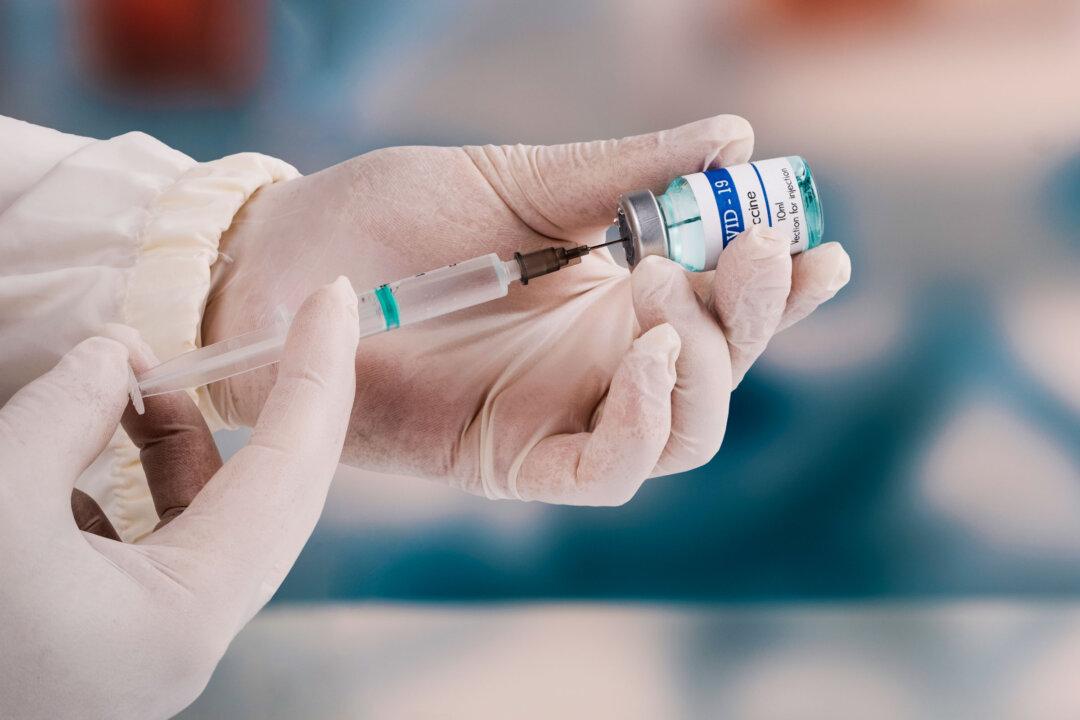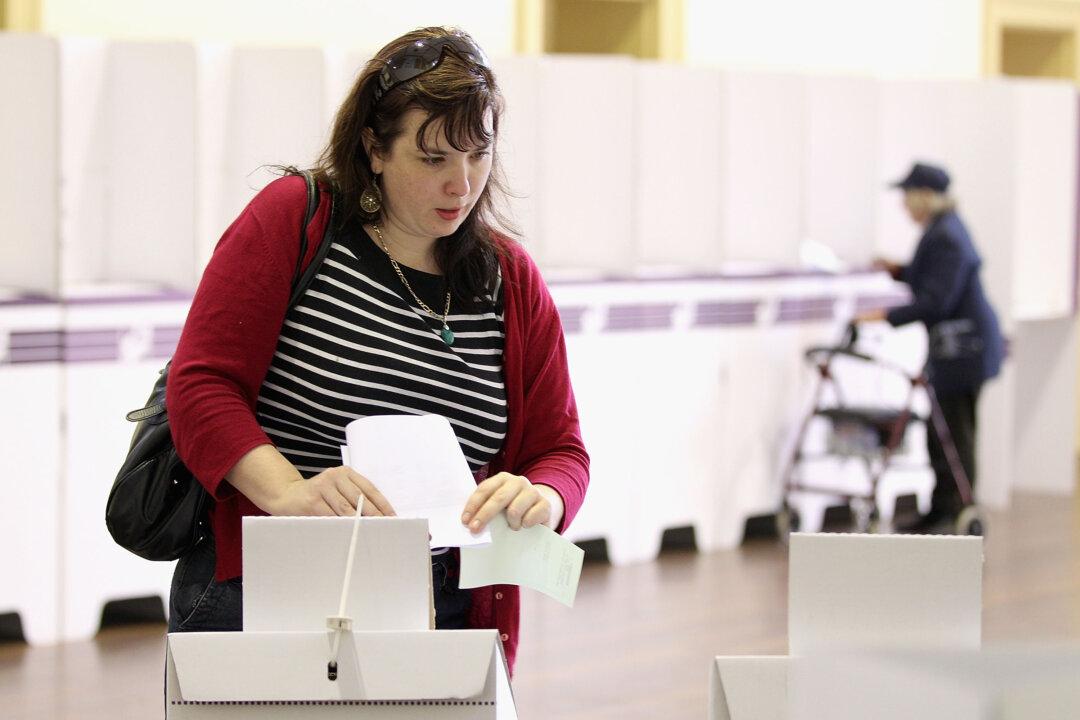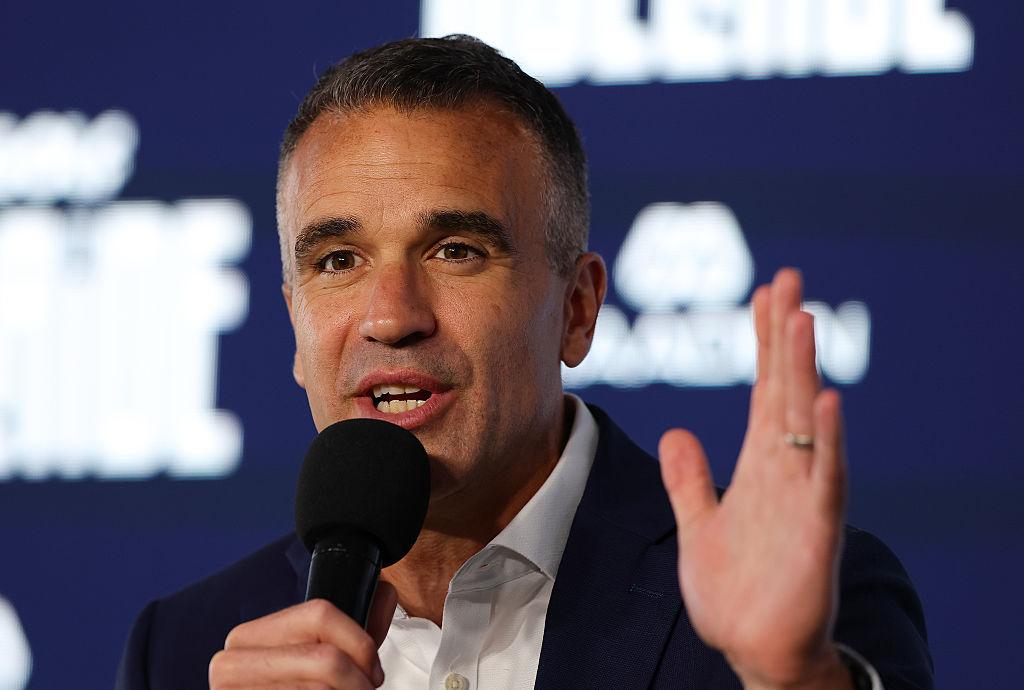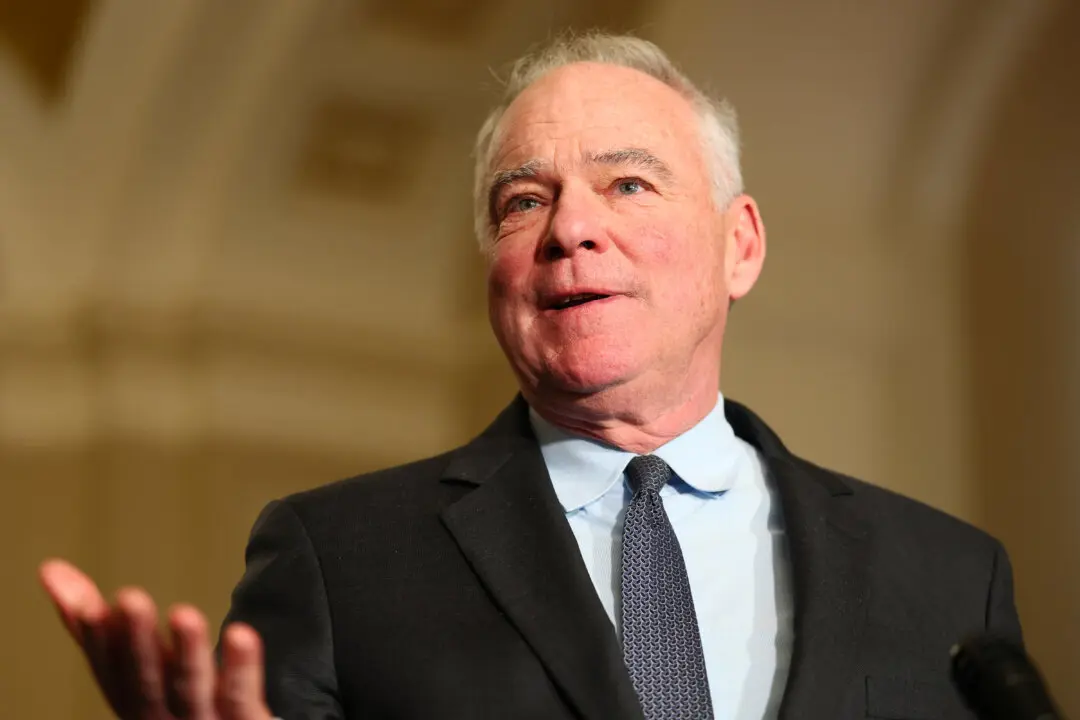Australian Health Minister Mark Butler has revealed Australia wants to see as many COVID-19 vaccines on the market as possible.
The minister expressed this goal under questioning from “Teal” Independent MP Monique Ryan about vaccine access and medicine shortages.





